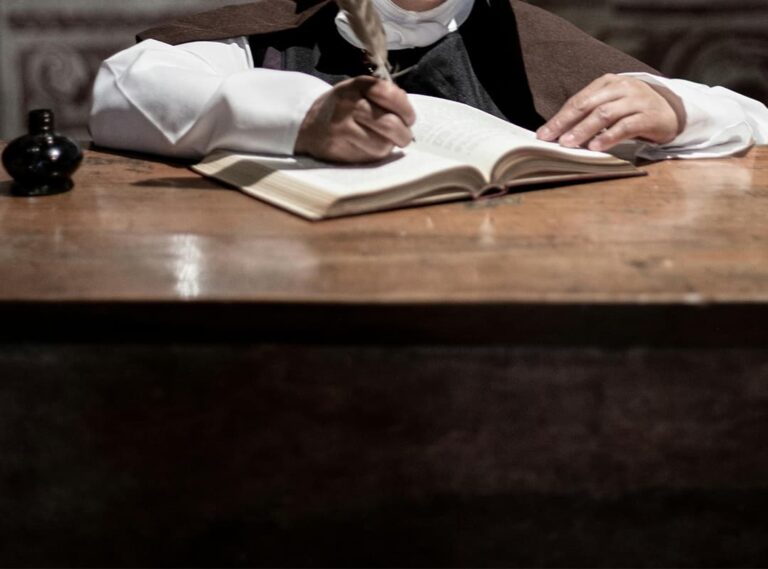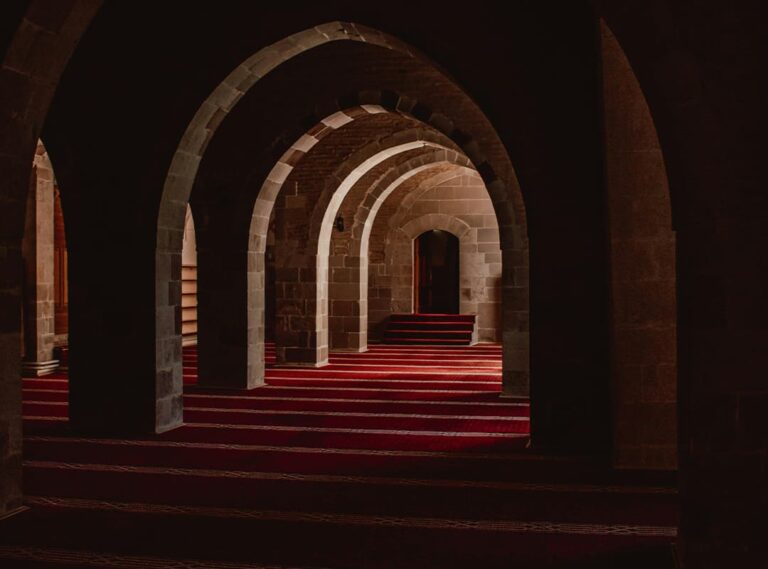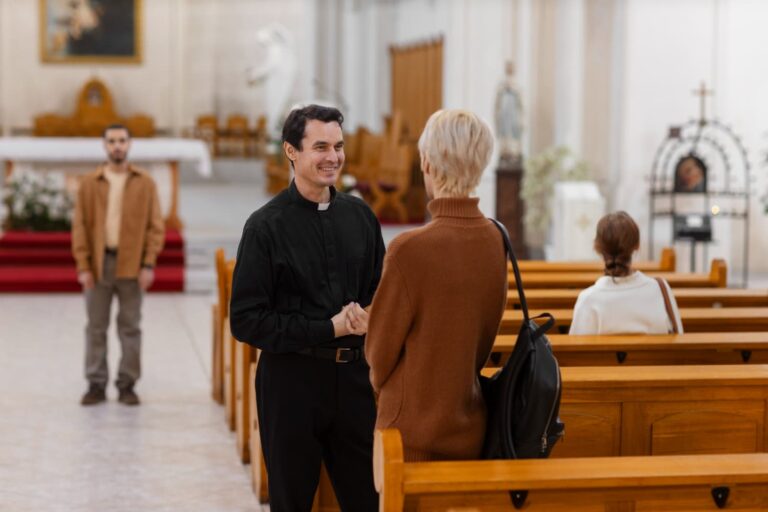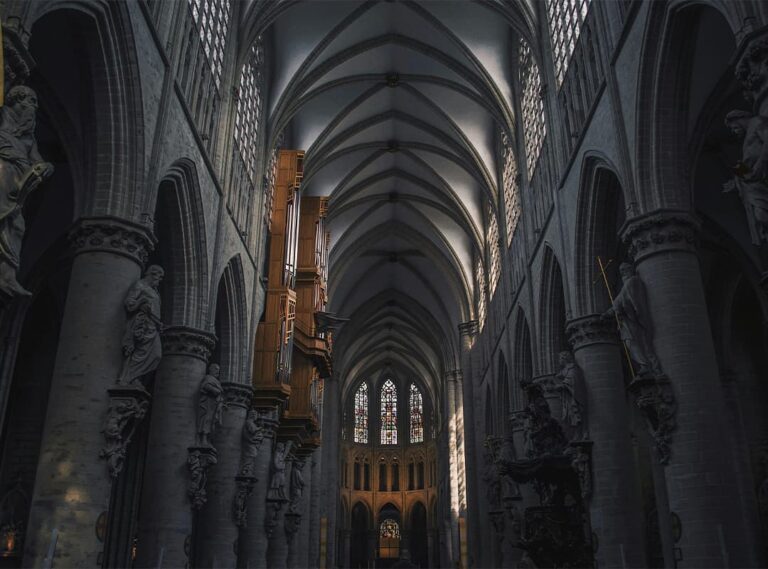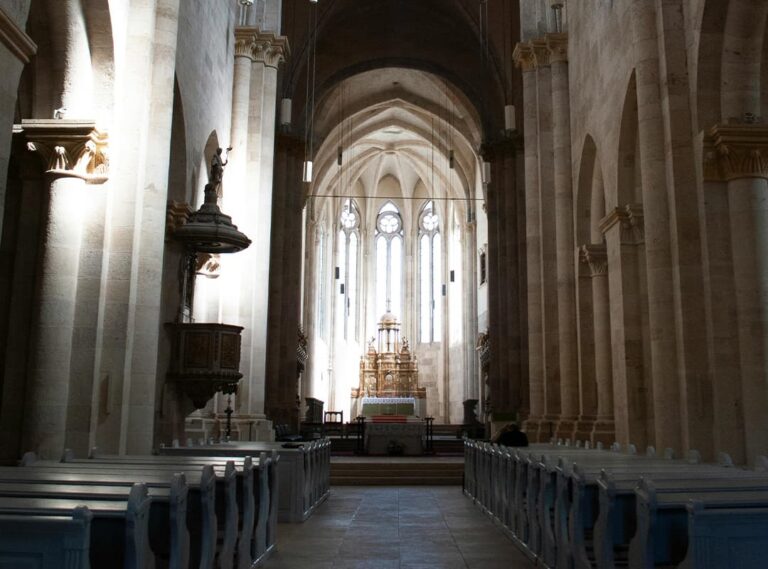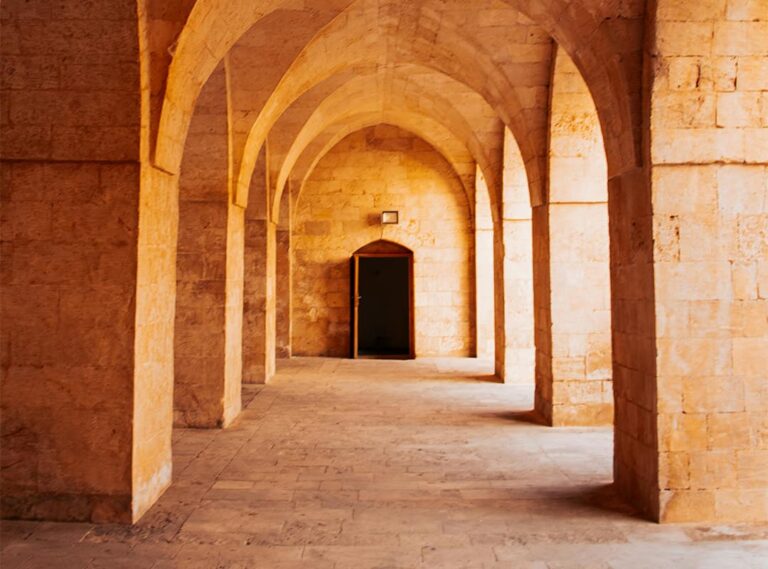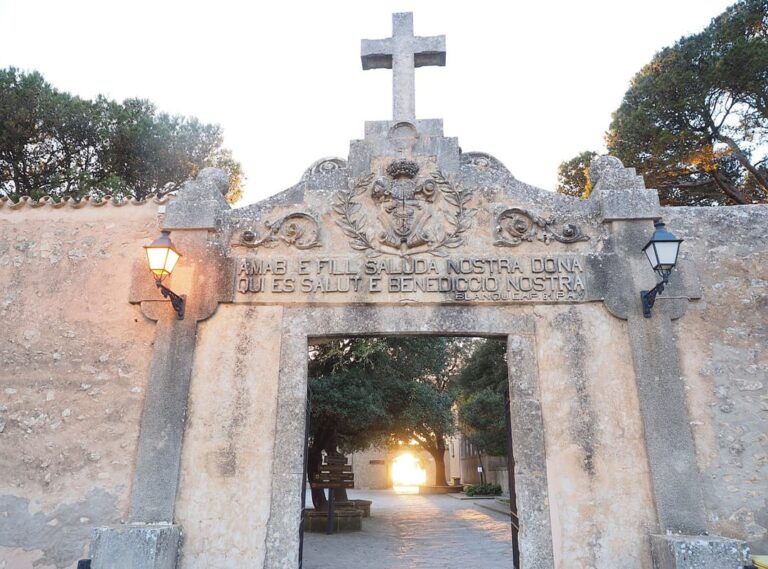The Franciscan Order, established by Saint Francis of Assisi in the early 13th century, has had a profound impact on various aspects of Christian life and culture. One area where their influence is particularly notable is in the realm of music, specifically in church hymns and choral art. The Franciscan commitment to humility, devotion, and communal worship has inspired a rich tradition of musical expression that continues to resonate in sacred spaces today. This article explores how the Franciscans have shaped church music and choral art, and the symbolic importance of the Our Lady of Częstochowa shrine in this musical legacy.
Influence on Church Hymns
The Franciscan Order’s approach to music in worship reflects their broader spiritual values of simplicity and devotion. From the earliest days of the Order, music played a crucial role in the communal and liturgical life of the Franciscans. Their influence on church hymns can be observed in several key ways:
- Simplicity and Accessibility
- True to the Franciscan ideal of humility, the music composed and performed within Franciscan communities often emphasized simplicity. The aim was to make hymns and chants accessible to all, allowing the congregation to participate fully in the liturgy. This focus on straightforward and inclusive music helped shape the development of hymnody in various Christian traditions, promoting a style that was both spiritually enriching and widely participatory.
- Spiritual Themes
- Franciscan hymns frequently centered on themes of divine love, the beauty of creation, and the life of Saint Francis. These spiritual themes resonated deeply with the Franciscan commitment to living out the Gospel message. As a result, many hymns and songs developed within Franciscan contexts have a profound focus on the nature of God’s love and the call to serve others, reflecting the Order’s core values.
- Integration into Liturgy
- The integration of music into Franciscan liturgical practices was designed to enhance the worship experience and deepen the spiritual engagement of the community. The Order’s emphasis on the harmony between music and worship helped shape the structure and style of church hymns, contributing to a rich tradition of sacred music that continues to influence Christian worship practices.
Contribution to Choral Art
The Franciscan influence extends beyond individual hymns to the broader realm of choral art. Their approach to music has significantly impacted the development of choral traditions:
- Formation of Choral Groups
- Many Franciscan communities established choral groups to enhance their liturgical services. These choirs, composed of friars and laypeople, contributed to the development of choral music within the church. The emphasis on harmonious singing and choral discipline helped refine the techniques and repertoire of church choirs, setting standards that influenced both local and broader choral practices.
- Musical Education
- The Franciscans have historically supported musical education as a means of fostering spiritual and artistic growth. By training individuals in music theory and choral techniques, they have contributed to the development of skilled musicians who continue to shape the church’s musical landscape. This educational emphasis has played a crucial role in the evolution of choral music within Christian worship.
- Preservation of Musical Traditions
- The Franciscan Order has been instrumental in preserving and transmitting musical traditions through its institutions and communities. By maintaining a rich repertoire of hymns and choral works, Franciscans have ensured that these musical treasures continue to be appreciated and performed in sacred contexts.
Symbolism and Spirituality
The Our Lady of Częstochowa shrine, renowned for its significance in the Catholic tradition, also holds a place of importance in the context of Franciscan musical heritage. The shrine, which houses the revered icon of the Black Madonna, symbolizes divine protection and spiritual devotion. In many Franciscan communities, this shrine serves as a focal point for worship and reflection, inspiring both hymnody and choral performances.
- Spiritual Inspiration
- The spiritual significance of the Our Lady of Częstochowa shrine provides a source of inspiration for the music associated with Franciscan worship. The themes of devotion, protection, and reverence expressed through the icon are often mirrored in the hymns and choral pieces composed and performed within Franciscan contexts.
- Communal Worship
- The communal aspect of worship at shrines like Our Lady of Częstochowa often involves collective singing and choral performances, reflecting the Franciscan commitment to communal and participatory worship. The music performed in these settings enhances the spiritual experience and fosters a deeper connection among the worshippers.
- Cultural and Spiritual Legacy
- The integration of the shrine’s symbolism into Franciscan musical traditions contributes to a rich cultural and spiritual legacy. The music associated with such revered sites helps to preserve and celebrate the Franciscan values of humility, devotion, and communal engagement.
The Franciscan Order’s influence on church hymns and choral art reflects their broader commitment to simplicity, devotion, and communal worship. Through their emphasis on accessible and spiritually focused music, the Franciscans have shaped the development of sacred music in profound ways. The role of the Our Lady of Częstochowa shrine in this musical heritage underscores the deep spiritual connection between worship and music, enriching the Franciscan tradition and continuing to inspire contemporary worship practices. The legacy of Franciscan contributions to music remains a testament to their enduring impact on the Church and its liturgical life.

